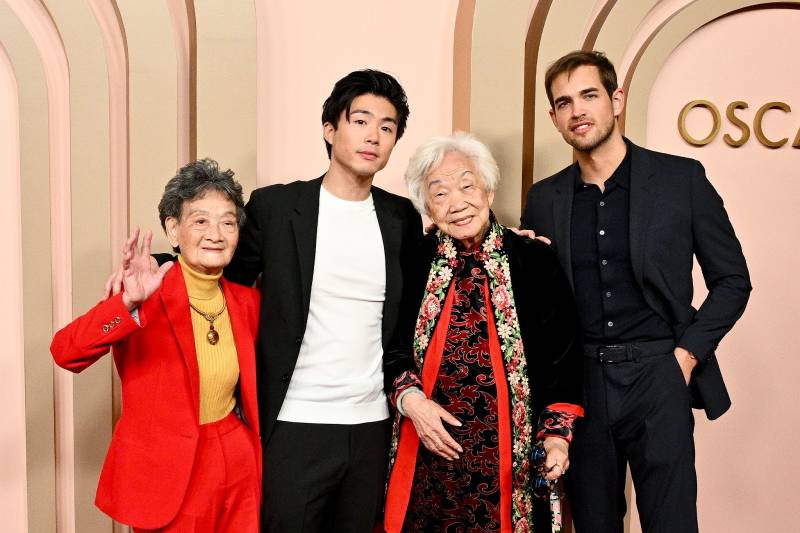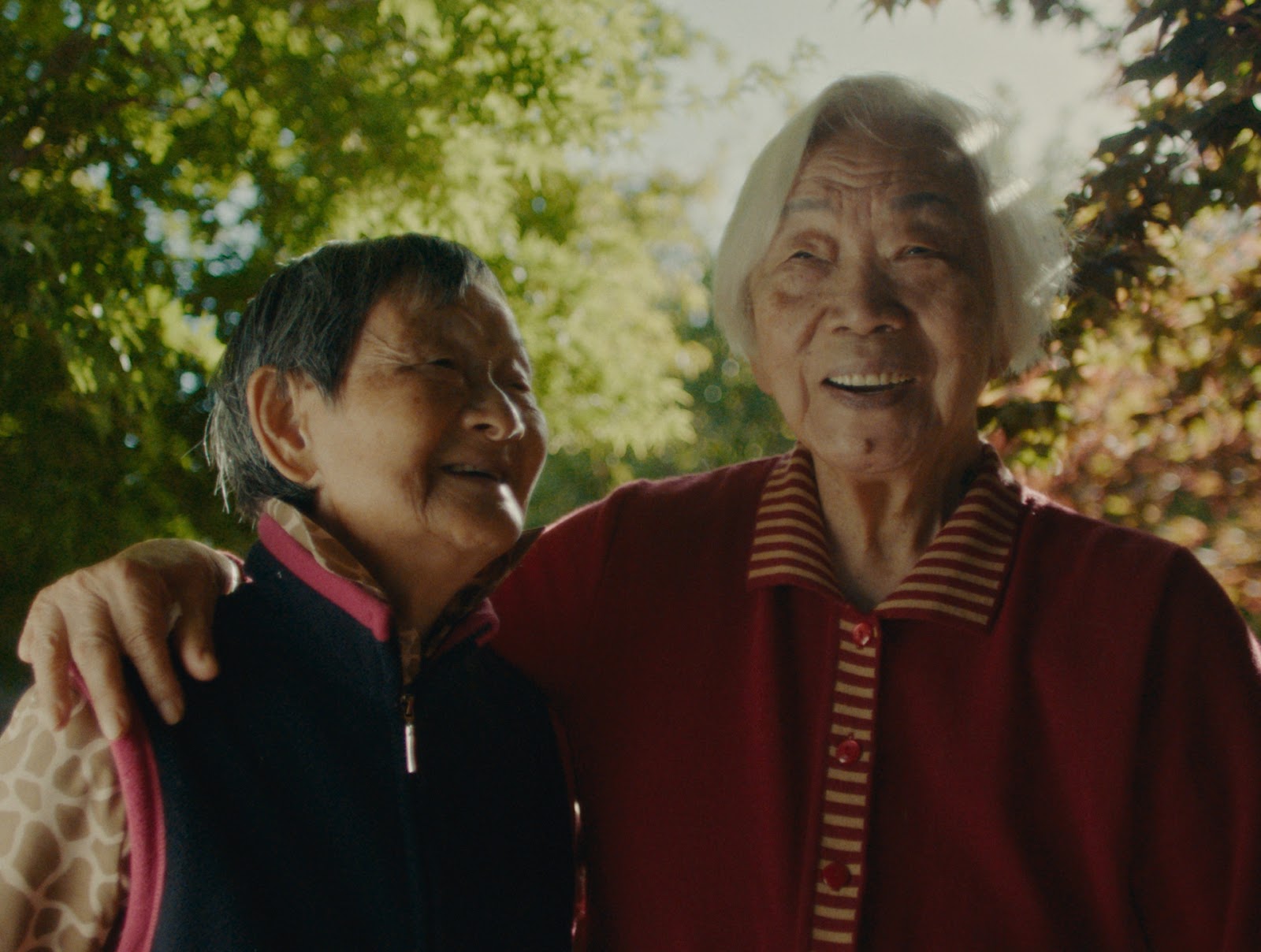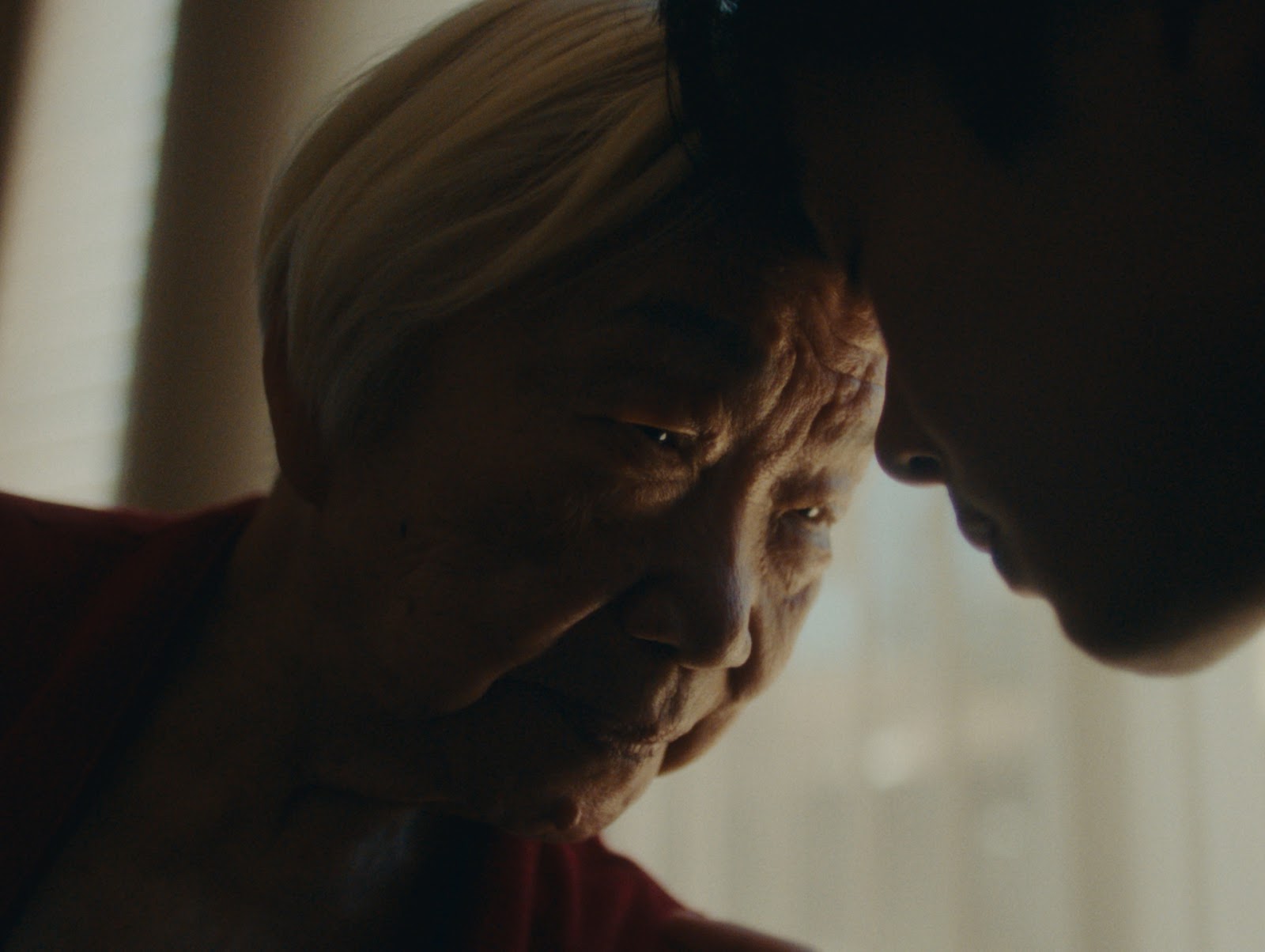Sean Wang is having an awesome start to his year. The 30-year-old filmmaker from Fremont is nominated for his first Academy Award at this weekend’s Oscars ceremony for Best Documentary Short Film. Wang’s 17-minute documentary Nǎi Nai & Wài Pó (Grandma & Grandma), available to stream on on Disney+ and Hulu, sweetly captures the daily routines of his two grandmothers who live together in Fremont.
Before getting that golden news from the Academy, Wang debuted his first feature film, Dìdi, at the Sundance Festival. A coming-of-age story that Wang calls “a love letter to the Bay Area, Fremont especially,” Dìdi won two festival awards and was picked up by Focus Features, which will give it a limited theatrical release this summer.
I caught up with Wang over Zoom to talk about life since the Oscar nod, his filmmaker origin story in the Bay (“everything traces back to skateboarding”) and more.
Interview has been edited for length and clarity.
Ariana Proehl: A lot of people have seen the reaction video of you and your family receiving news of your Oscar nomination. What’s the ride been like since then?
Sean Wang: So surreal. This experience has overlapped with premiering my first feature film, so it’s two incredible experiences happening at the same time. It really is beyond my wildest dreams. And to get to do it with my grandmothers and have them really enjoy this process – and feel like we’re giving them a core memory at 96 and 86 years old – there’s no real downside.
And how are your Nǎi Nai and Wài Pó feeling about everything? Are they excited to have their glam moment at the Oscars?
Yeah, they’re getting styled by Rodarte and Shirley Kurata, who was a costume designer for Everything Everywhere All at Once. So we’re giving them a Hollywood night that, hopefully, we’ll remember forever.
That’s huge! Have they become local celebrities around Fremont?
They don’t leave the house much, so I don’t think they’re getting stopped on the street or at the Chinese supermarket, but certainly within the cultural circles that I am a part of. At the [Oscars] luncheon, people were like, “Oh my God, it’s the grandmas!” And so that’s a very strange but cool experience to have them be noticed and seen like that.





